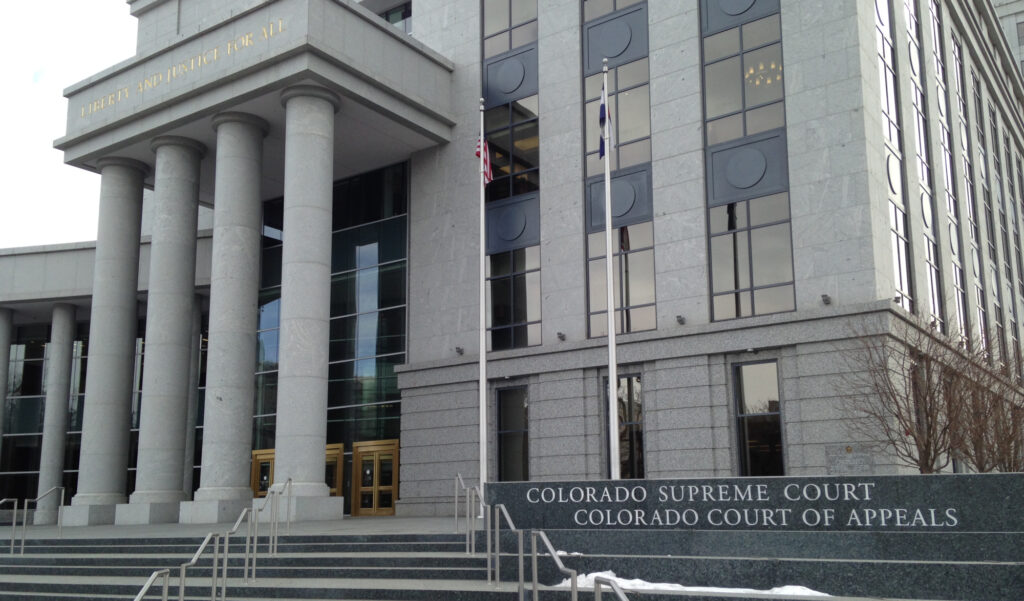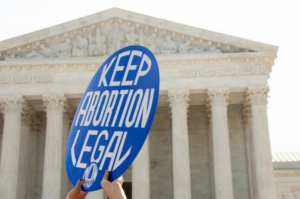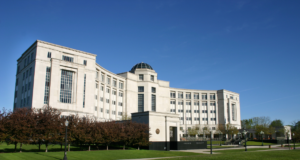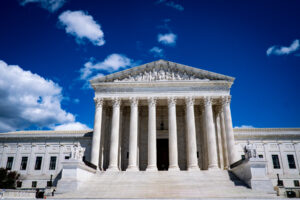Colorado Supreme Court gives school districts OK to raise revenue, likely leading to property tax hikes
2 min read
Colorado’s Supreme Court ruled on Monday that local school districts may recover the millions of dollars in lost revenue they suffered because of the COVID-19 pandemic.
The ruling is a direct response to House Bill 21-1164, which would correct guidance from the state education department to reduce property tax mill levies that support public schools. It also corrects this guidance to restore the levies to their voter-approved levels.
HB21-1162 is sponsored by Sens. Rachel Zenzinger, D-Arvada, and Stephen Fenberg, D-Boulder, and Reps. Daneya Esgar, D-Pueblo, and Alec Garnett, D-Denver.
Colorado’s Supreme Court ruled on Monday that local school districts may recover the millions of dollars in lost revenue they suffered because of the COVID-19 pandemic.
The ruling is a direct response to House Bill 21-1164, which would correct guidance from the state education department to reduce property tax mill levies that support public schools. It also corrects this guidance to restore the levies to their voter-approved levels.
HB21-1162 is sponsored by Sens. Rachel Zenzinger, D-Arvada, and Stephen Fenberg, D-Boulder, and Reps. Daneya Esgar, D-Pueblo, and Alec Garnett, D-Denver.
“Despite the fact that TABOR’s revenue limits had been waived immediately after each of these elections, the CDE continued to advise local school districts to calculate mill levies in accordance with TABOR’s growth-plus-inflation limits, as if the districts’ voters had not waived those limits,” the opinion reads.
Chief Justice Brian Boatwright dissented from the opinion. He argued that “fully funded schools are essential,” but quibbled with the bill’s provisions to raise school mill levies in 127 school districts across the state.
“This increase in revenue – which is expected to continue increasing over the next nineteen years in some districts – will be generated from property owners all across our state,” Boatwright’s dissent reads. “Put simply, due to the mill levy increase, property owners will pay more taxes from one year to the next. That is the very definition of a tax increase under our constitution. Therefore, in my view, this bill violates our constitution by raising tax rates without voter approval.”
This article was originally posted on Colorado Supreme Court gives school districts OK to raise revenue, likely leading to property tax hikes







